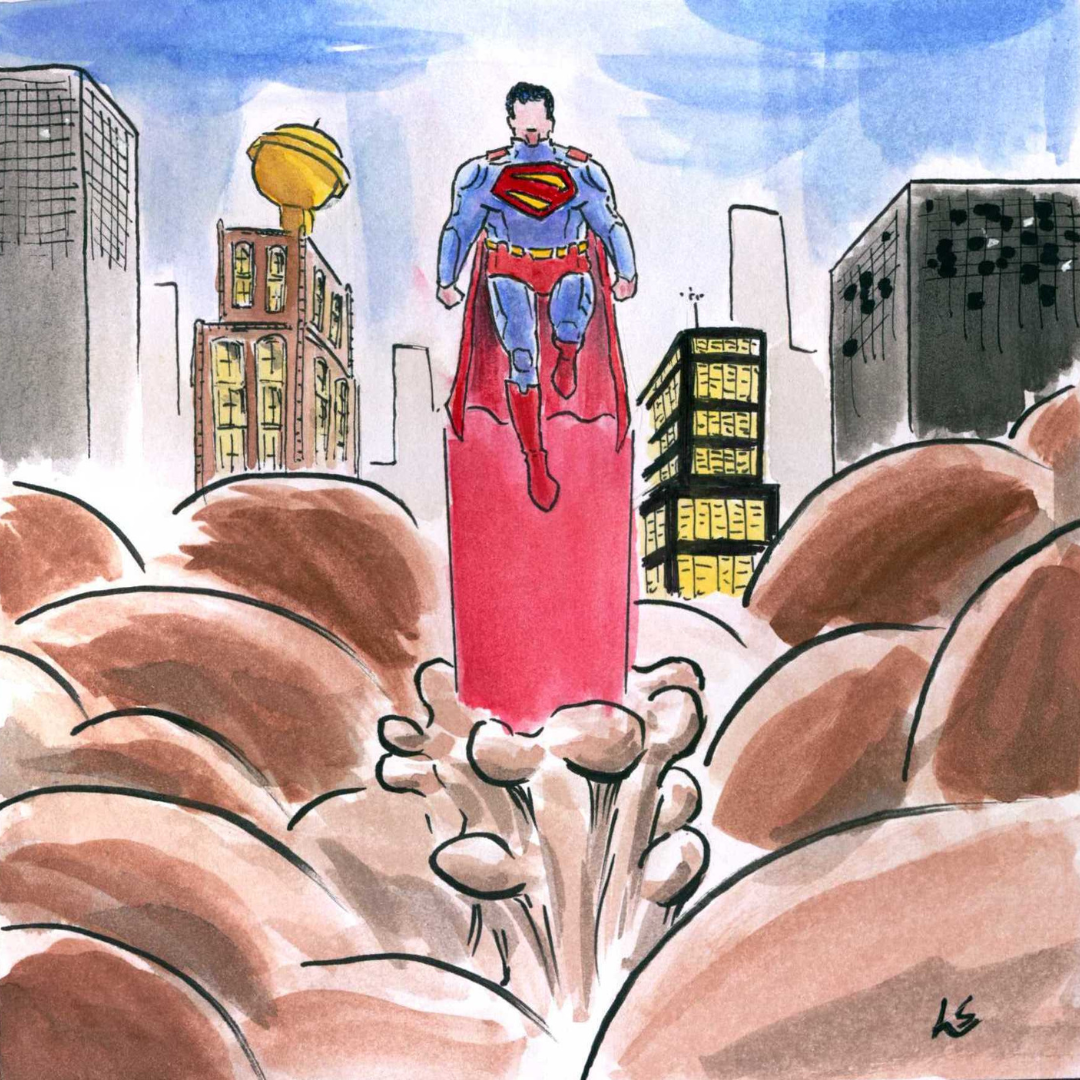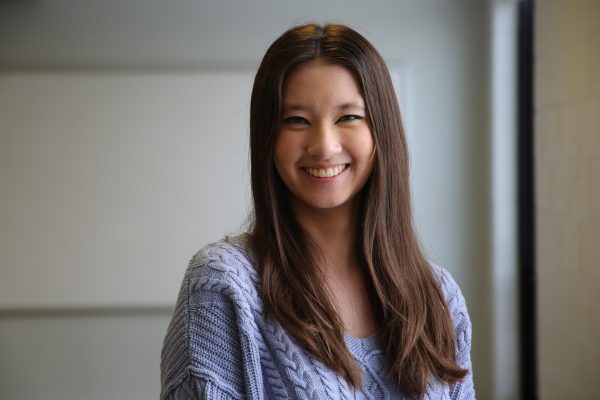As the sun peeked through the curtains on April 21, Dawood Chaudhary ’26 rose from bed, showered, put on his best clothes and ate sweet dates before going to the mosque to pray.
Back home after prayers, he sat down to enjoy a meal of traditional food with family and friends.
“We have one big feast during lunchtime, then we just all hang out and talk about politics, what is going on in Pakistan and everywhere,” Chaudhary said.
Chaudhary, like Muslims around the world, celebrated Eid al-Fitr starting April 21 this year. Eid al-Fitr is an Islamic celebration that designates the end of Ramadan, the Islamic holy month of fasting spanning the ninth month of the Muslim year. The beginning of Eid is marked by the sighting of a crescent moon, which designates the start of the 10th month of the Islamic calendar, Shawwal.
Chaudhary said he always looks forward to his mother’s dishes from their home country of Pakistan. He ticked off some of his favorites.
“Goat curry, biryani — it’s like rice and chicken but Pakistani style — chicken curry as well,” Chaundary said. “Sometimes she makes halwa puri, a sweet dish with a puri on the side that is usually for breakfast when we come home from the mosque.”
Samira Naqrouche ’17, M.A. ’24, remembered her Eid celebrations back home in Morocco. At the start of the day, Naqrouche would say “a prayer specifically for Eid.” Like Chaudhary, she wore cultural clothes, spent time with family and enjoyed delicious food. This food included meloui, traditional Moroccan bread made with “white flour, butter and oil.”
Naqrouche said charity is also an important part of Eid as it helps bring joy to the lives of those less fortunate.
“[Eid] is for the purpose of helping people,” said Naqrouche. “If you give to someone poor, they may buy something for their kids to be happy. They might buy them toys or anything that will make the little ones happy on the day of Eid, just like all the other children.”
Naqrouche, who stayed home in Philadelphia this year, said familial love is an important part of Eid.
“That’s the day when people get together and visit each other, especially family,” Naqrouche said. “And when you haven’t seen someone, that’s a chance to see them. Especially when I was in Morocco, it was a very happy day.”
Like Naqrouche, Sumaiya Ahmed, M.A. ’24, spent Eid this year away from her home country of Bangladesh. Ahmed’s celebrations of Eid in Bangladesh included enjoying traditional food like chicken biryani, exchanging Eidi, or gifts, with her family and spending time with her friends and family.
In Philadelphia this year, Ahmed spent Eid with her husband’s family. But she said she missed her family in Bangladesh, who have always been important to her celebration of the holiday.
“I was missing them the whole day,” Ahmed said. “Wherever I went, I was just thinking about them. It’s different, but still, it means happiness. It means celebration. So I celebrated.”
Ahmed said she was pleasantly surprised to find that many St. Joe’s students and faculty knew what Ramadan was, and they’d sent her kind messages. She recounted a time when her professor let her turn off her camera on Zoom for an extended period of time when she broke her fast and prayed. Ahmed said she was so happy that she told her loved ones in Bangladesh about the experience.
“People are changing during this age of globalization, so whatever the religion is, whatever beliefs people have, there will be love and beauty,” Ahmed said. “Every religion teaches love. I think that’s the beauty.”















































